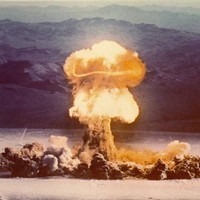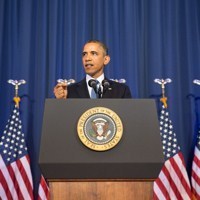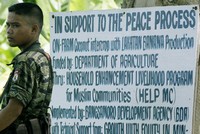
With the Obama administration moving toward its sixth year, the traditional nuclear arms control process—which has for the past several decades been driven in large part by a series of bilateral and multilateral treaties—appears to be lagging as nuclear threats and fears shift and as the U.S. political scene remains gridlocked. To move its broader nuclear agenda forward, the administration is pursuing mechanisms and institutions that allow the United States to build security and technical cooperation with partner nations without a time-consuming and politically bruising treaty ratification process. Some of these mechanisms are new, like the series of nuclear security […]





